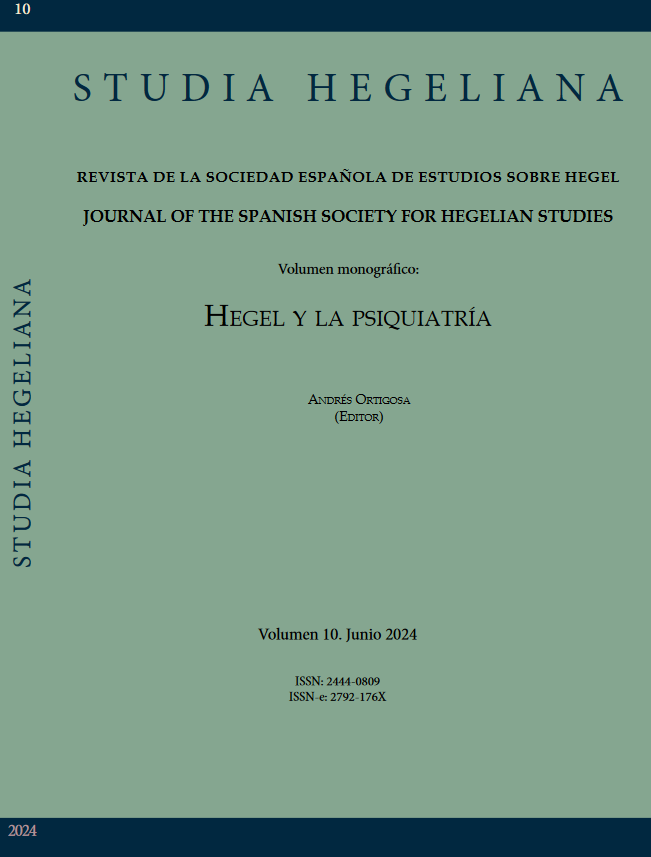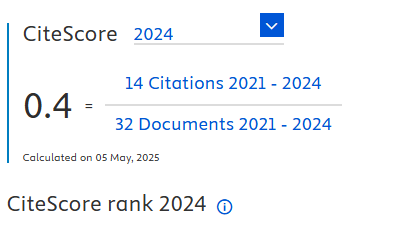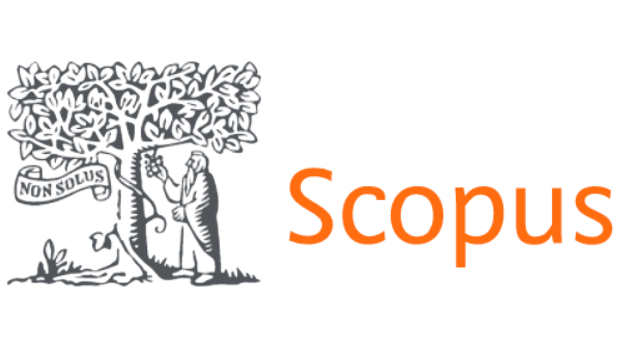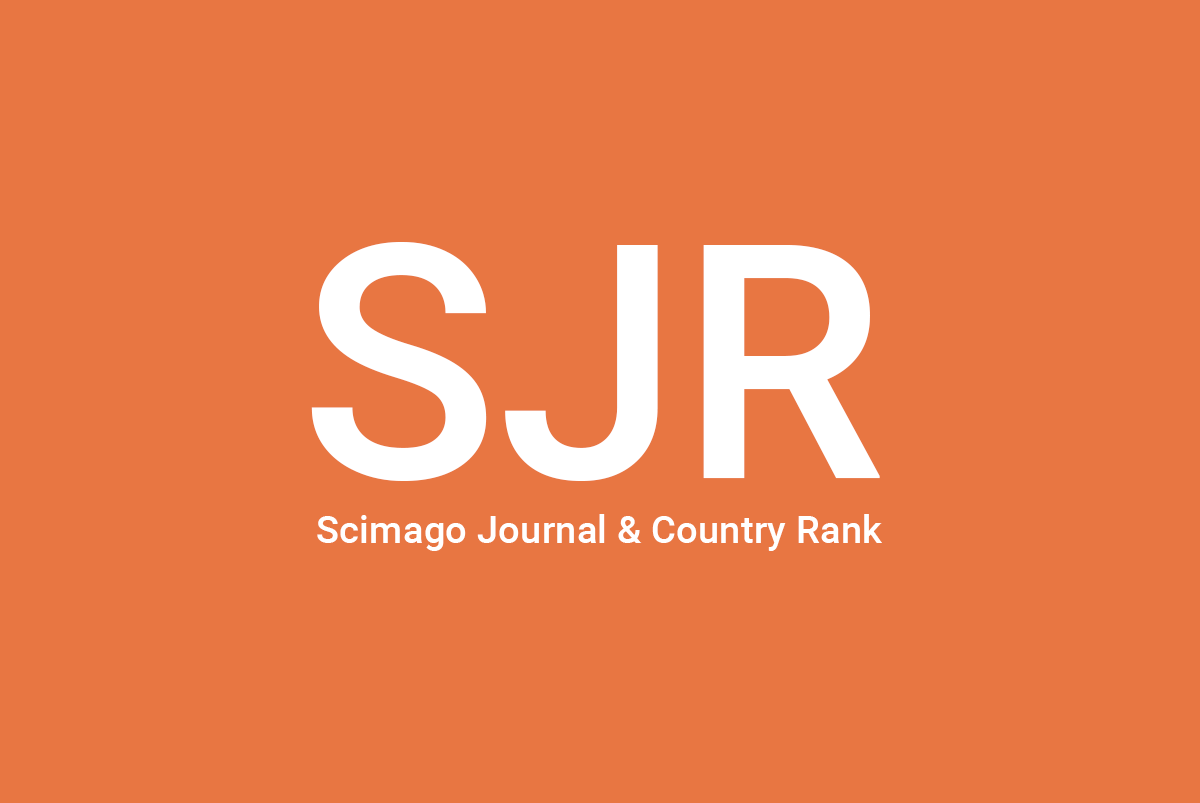DSM: a Hegelian perspective on classification in psychiatry
DOI:
https://doi.org/10.24310/stheg.10.2024.18976Keywords:
DSM, Dialectic, Concrete Universal, Clasification, Mental DisorderAbstract
Throughout its history, psychia-
try has had its scientific status questioned,
facing various criticisms for the lack of re-
liability and validity in the classification of
mental disorders, such as the DSM, due to
its inability to integrate scientific knowledge
and individual experiences. This analysis,
inspired by Hegel’s philosophy, proposes a
new perspective that values each clinical case
as a unique entity, challenging the reductionist
approach and promoting a deeper and more
respectful understanding of psychopatholo-
gy, enriched with a dialectical integration of
scientific knowledge and the concept of the
concrete universal.
Downloads
Metrics
Publication Facts
Reviewer profiles N/A
Author statements
Indexed in
-
—
- Academic society
- N/A
- Publisher
- Universidad de Málaga
References
American Psychiatric Association. Diagnostic and statistical manual of mental disorders: DSM-5, Washington: APA Press 2023.
American Psychiatric Association. Diagnostic and statistical manual of mental 105Thfidialecatsontsrvfmcaésusófcecaflsaócarócnfprcrfbeaseatnfqífcvoxc fivíflfcagsusófcecvol. X (2024) disorders: DSM-III, Washington: APA Press 1980.
Aftab, A. “The Future Is Political and Transdisciplinary”, en Philosophy, Psychiatry, & Psychology, 30(1), 2023, p. 5-6.
Berthold-Bond, D. Hegel’s theory of madness, New York: SUNY Press 1995.
Bird, A. and Tobin, E. “Natural Kinds”, The Stanford Encyclopedia of Philosophy,
Tomado de https://plato.stanford.edu/archives/spr2023/entries/natural-kinds/. 2023.
Bruno, G. A. “Quietism, Dialetheism, and the Three Moments of Hegel’s Logic”, en
Metaphysics as a Science in Classical German Philosophy, Routledge 2023, p. 315-338.
Cohen, B. M., & Öngür, D., “The need for evidence-based updating of ICD and DSM models of psychotic and mood disorders”, en Molecular Psychiatry. 2023, p. 1-3.
Cooper, R. “What is Wrong with the DSM?”, en History of Psychiatry. 15(1), 2004, pp. 5–25.
De Haan, S. “An enactive approach to psychiatry”, en Philosophy, Psychiatry, & Psychology, 27(1), 2020, p. 3-25.
Ghaemi, N. Why DSM is mostly false. The Psychiatry Letter. Tomado de: https://ghaemi.substack.com/p/why-dsm-is-mostly-false. 2023.
Glackin, S. N. “Grounded disease: Constructing the social from the biological in medicine” en The Philosophical Quarterly. 69(275), 2019, p. 258-276.
Hegel, G.W.F. Enciclopedia de las ciencias filosóficas, traducción de R. Valls, Alianza Editorial, 1997
Hempel, C. G. Filosofía de la ciencia natural. Alianza Editorial 1985.
Kotov, R., Krueger, R. F., Watson, D., Achenbach, T. M., Althoff, R. R., Bagby,
R. M., ... & Zimmerman, M., “The Hierarchical Taxonomy of Psychopathology (HiTOP): A dimensional alternative to traditional nosologies” en Journal of abnormal psychology, 126(4), 2017, p. 454.
List, C. “Levels: descriptive, explanatory, and ontological” en Noûs. 53(4), 2019, 852-883.
Marginalia. Why Einstein Wouldn’t Be Published Today: A Conversation with Lorraine Daston, Part Two. Tomado de: https://themarginaliareview.com/why-einstein-wouldnt-be-published-today-a-conversation-with-lorraine-daston-part-
two/ . 2022.
Murphy, D., “Philosophy of Psychiatry”, The Stanford Encyclopedia of Philosophy, Tomado de: https://plato.stanford.edu/archives/fall2020/entries/psychiatry/. 2020.
Moncrieff, J., “Retreat from the Social: a review of Hegel’s Theory of Madness by Daniel Berthold-Bond, Suny Press, 1995. Joanna Moncrieff”. Tomado de: https://joannamoncrieff.com/2015/03/13/retreat-from-the-social-a-review-of-hegels-theory-of-madness-by-daniel-berthold-bond-suny-press-1995/, 2015.
Sacristan, M. El trabajo científico de Marx y su noción de ciencia, Bercelona: Editorial Montesinos, 2020.
Sass, L., & Byrom, G. “Phenomenological and neurocognitive perspectives on delusions: a critical overview”, World Psychiatry, 14(2), 2015, pp. 164-173.
Stern, R. “British Hegelianism: A Non-Metaphysical View?”, European Journal of Philosophy, 2(3), 1994, pp. 293–321.
Stern, R. Hegelian metaphysics, Oxford: Oxford University Press 2009.
Valle, R. “Validez, confiabilidad y utilidad clínica de los trastornos mentales: el caso de la esquizofrenia de la CIE-11”, Revista Colombiana de Psiquiatría, 51(1), 2022, p. 61-70.
Van Alphen, F., “Efectos bucle en las categorías psicológicas. Una exploración”, PSIENCIA: Revista Latinoamericana de Ciencia Psicológica, 2(2), 2010, p. 114-121.
World Health Organization. International statistical classification of diseases and related health problems (11th ed.). CIE-11. Tomado de: https://icd.who.int/ .2019
Xiaohua, L. I. U., & Jiang, K., “Should major depressive disorder with mixed features be classified as a bipolar disorder?”, Shanghai Archives of Psychiatry, 26(5), 2014, p. 2.
Zachar, P. A metaphysics of psychopathology, Cambridge: MITress 2014
Downloads
Published
How to Cite
Issue
Section
License
Copyright (c) 2024 Gonzalo Amador Rivera

This work is licensed under a Creative Commons Attribution-NonCommercial-ShareAlike 4.0 International License.
This journal provides immediate free access to its content under the principle of making research freely available to the public. All contents published in Studia Hegeliana. Journal of the Spanish Society for Hegelian Studies, are subject to the Creative Commons Attribution-NonCommercial-ShareAlike 4.0 licence (specifically, CC-by-nc-sa), the full text of which can be found at <http://creativecommons.org/licenses/by-nc-sa/4.0>. Derivative works are therefore permitted as long as they are not used for commercial purposes. The original work may not be used for commercial purposes. The journal is not responsible for the opinions expressed by the authors of the works published in it.
It is the authors' responsibility to obtain the necessary permissions for images that are subject to copyright.
Authors whose contributions are accepted for publication in this journal retain the copyright. It is non-exclusive right to use their contributions for scholarly, research and educational purposes, including self-archiving or deposit in open access repositories of any kind.
Since volume 7 of 2021 the journal Studia Hegeliana has changed the copyright. Since that year the authors have retained the copyright.
The electronic edition of this journal is published by the Editorial de la Universidad de Málaga (UmaEditorial), being necessary to cite the source in any partial or total reproduction.







244.png)






















